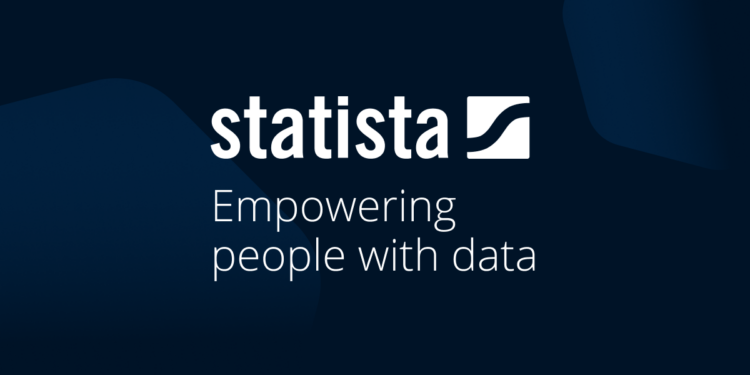during the past century. While
, own property, or work outside of the household, apart from in specific roles, women in 21st century Europe are free to work, run their own business, be the
, and to make all important life decisions for themselves. This legal equality of women is an important step in the right direction, however, legal equality has not always led to social and economic equality between women and men. Women trail behind men in many indicators, such as in their median earnings and representation in management/ownership positions, with these gaps mostly getting smaller in recent decades. The Nordic countries – Denmark, Finland, Iceland, Norway, and Sweden – have become renowned as
, with many commentators linking this to their strong welfare provisions for women and the rights they grant women in family planning.
Economic (in)equality between men and women in Europe
Women in Europe face many obstacles and inequities in their working lives. Nevertheless, the situation in regards to economic inequality between the sexes has drastically improved in Europe over the past half century. While women still lag behind men in most economic indicators – whether that is full-time employment, median earnings, or the number of management and ownership positions – the gap has been closing, often at an increasing pace. For instance, the average pay gap between men and women in the European Union has fallen from 16.4 percent in 2013 to less than 13 percent in 2022. In the longer run, the female share of total labor income earned in Europe – that is, the total amount earned in wages and salaries by employees – has increased consistently from around one-third in 1991, to almost 39 percent in 2019.
Women’s overall participation in the labor force has also increased greatly since the 20th century. While many women were prevented from taking up full-time work in the mid-20th century due to the expectation that they should be housewives instead, as well as sexist hiring practices, today the employment rate for women in the European Union stands at more than 66 percent. The gap between men’s and women’s employment rates has also narrowed from over 17 percent in 2005, to less than 10 percent in 2023. While these improvements in women’s employment opportunities should be acknowledged, women still often face a glass ceiling when trying to progress in their careers – this is a metaphorical ‘ceiling’ in their professional development which women can not pass above, whether for reasons of discrimination, or due to responsibilities outside of their working lives. Notably, no country in Europe achieved gender parity in business management in 2022, while amongst owners of businesses no country achieved even a third of its owners being female.
Social (in)equality, discrimination, and harassment
Women do not only experience inequities and discrimination in regard to their economic situation, but also must deal with these challenges in their social lives. This can range from being treated unfairly based on their gender by friends or strangers, being harassed or abused, or even, tragically, in assaults and crimes targeting women. In Germany, reports indicate 12,186 cases of sexual assault in 2023, while in regards to sexual harassment at work, the share of women saying they have experienced it in their lifetimes was 68 percent in Germany, 66 percent in Spain, and 57 percent in the United Kingdom. Italy was the European country which reported the greatest number of femicides – that is, gender-related killing of women or girls – in 2022, with 120 cases reported, while France was the country which reported the greatest number of rape cases where the victim was female.
Women with lower levels of education report worse health than their equivalent male counterparts in Europe, although at higher levels they are roughly equal. In spite of this, women have higher life expectancies than men in all regions of Europe, with women in western Europe having a life expectancy of 84 years. Women’s improved social, economic, and educational outcomes in recent decades have often been linked to improvements in family planning and access to abortion services. As of 2021, Sweden, Iceland, and the United Kingdom were the European countries which had the most progressive abortion policies, while Poland, Hungary, and Bosnia offered the least access. With reductions in social inequality between men and women over time, women have found themselves more and more in positions of political power, with 34 percent of cabinet ministers in the EU being women in 2024, while 39 percent of the European Parliament is now female, an increase of 23 percent since the first EP election in 1979.
This text provides general information. Statista assumes no
liability for the information given being complete or correct.
Due to varying update cycles, statistics can display more up-to-date
data than referenced in the text.
Source link : http://www.bing.com/news/apiclick.aspx?ref=FexRss&aid=&tid=675c27b087a44e0d983dfc2a6d20534c&url=https%3A%2F%2Fwww.statista.com%2Ftopics%2F3719%2Fgender-equality-in-europe%2F&c=5170502769721925393&mkt=de-de
Author :
Publish date : 2024-11-27 16:00:00
Copyright for syndicated content belongs to the linked Source.



